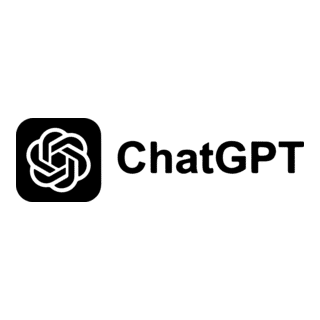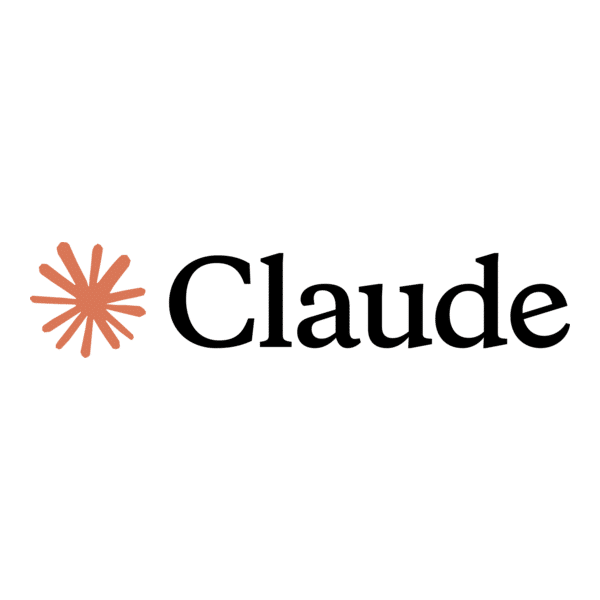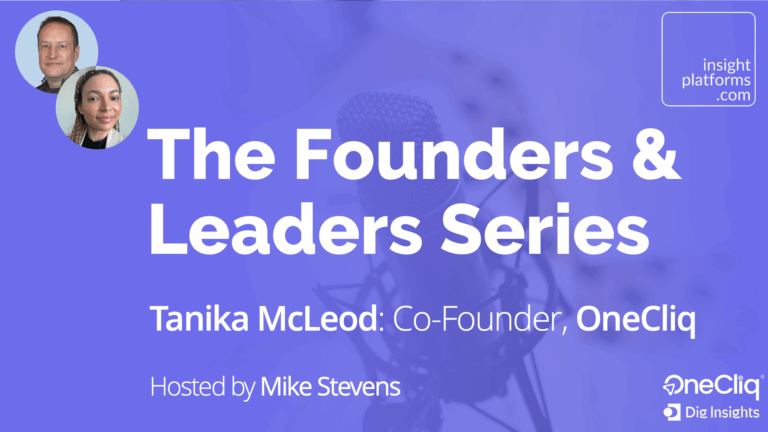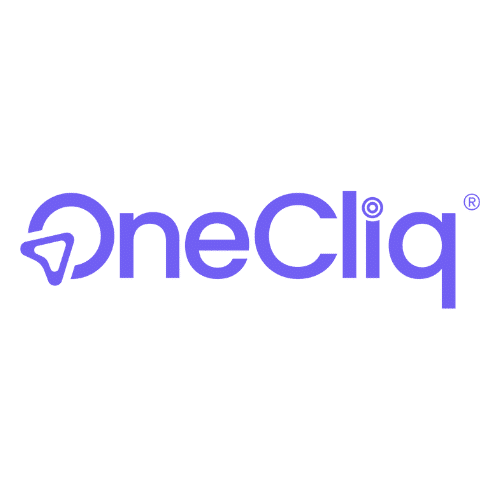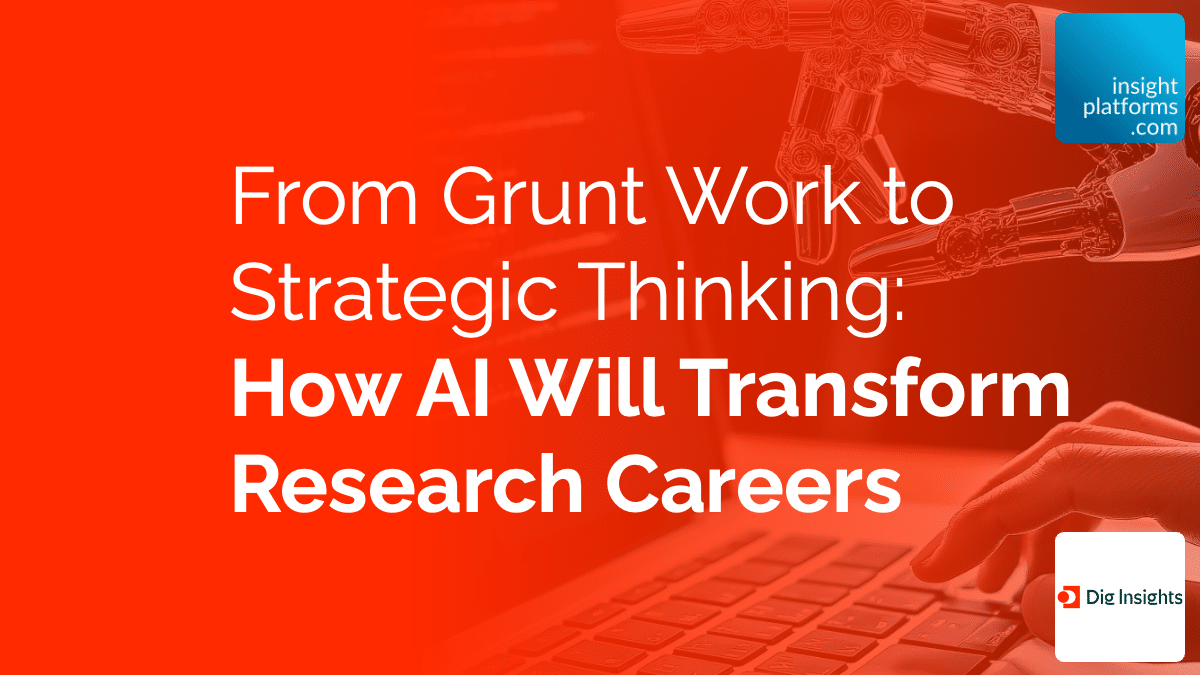
From Grunt Work to Strategic Thinking: How AI Will Transform Research Careers
By Dig Insights
- article
- AI
- Artificial Intelligence
- Social Media Listening/Intelligence
- Online Qualitative
- Qualitative Research
I get this question all the time: “Will AI replace researchers?”. And I understand the concern. When you’re working in an industry that’s being transformed by technology, it’s natural to worry about your job security. But having spent seven years as a qualitative researcher while simultaneously building AI-powered products, I have a different perspective on what’s actually happening.
The fear that AI will totally replace human beings in research is, in my opinion, an overstatement. But I understand why people are worried, and I think it’s related to some of the overhyped areas of AI that we hear about constantly. Here’s what I believe is really going to happen: research is changing from doing a research project to orchestrating a research project.
This article covers part of the The Founders & Leaders Series podcast episode 3. Listen to the full episode here:
Episode 3: Tanika McLeod, Co-Founder, OneCliq (Dig Insights)
The Excel Parallel
Let me share an analogy that I think really captures what we’re experiencing. Think about Excel and how that transformed the way accounting was done. When spreadsheets were introduced, there were probably similar fears about accountants being replaced by software. But what actually happened? We still need accountants to do that work – nobody wants to do tax work on their own – but those tools enabled them to spend less time doing the math and more time on strategy, recommendations, and making high-level connections between patterns that really impact the way we work.
I see this as a similar moment, but for cognitive labour rather than numbers and calculations. Now we can look at the same kind of automation and supercharging of work, but for the cognitive labour that researchers do.
What Makes Us Uniquely Human
One aspect that is uniquely human and crucial to our work is taste. I don’t think AI systems have developed a way of learning taste. They’re designed to give us back an average of what we might expect in any context, whether it’s language, video, or image. But that average is not necessarily attuned to taste.
Taste is something that’s hard for us to even describe. It’s something personal, something unique to each person, team and organisation. And I think that taste is ultimately what drives the research we do and our understanding of it, as well as what we believe is helpful and unique, and that we can turn into recommendations, strategies, creative outputs, and innovation.
I don’t believe these models are designed for that. I think they’re designed to help us automate the work that we don’t want to do.
The New Research Workflow
The fundamental difference between the way we conduct research today and the way we will conduct research tomorrow is this: today, we manually perform all the steps involved in research. Many of those steps are sometimes low-impact – just kind of grunt work. We’re trying to manage the data to gain insights and recommendations, and the managing-the-data part is the aspect we tend to dislike, but we have to do it. It’s not usually stuff we’re best at. We tend to excel in high-impact, creative, and strategic work.
Where we’re going is instead of manually doing that low-impact grunt work, we will get to a place where we can orchestrate research. A lot of that grunt work is handled by more intelligent systems, and systems that can semi-autonomously make decisions alongside us, in collaboration with us, to handle that grunt work, allowing us to have more time and capacity for high-impact, strategic creative work.
With that vision, the human is still at the centre. They’re still the most important main character. We’re driving the direction of that research. However, we’re freed up to have a greater impact and dedicate more of our time to the work that we’re best at and should be spending more time on.
Democratising Access to the Field
As we automate some of the more challenging parts of these workflows, the fear of being replaced sets in. However, I think that ultimately, what it ends up doing over time is democratising access to the field.
Remember when you joined the industry as a junior researcher and were inundated with a lot of grunt work? It can be demotivating and encourage people to leave the field because they don’t like that kind of work. They want to do the high-impact creative work. So overall, we will enable greater access to the field.
This will translate to younger, more junior groups entering the industry, having the opportunity to focus on high-impact strategic and creative work earlier in their careers. And for people who spend the majority of their time on grunt work, being able to upskill, relearn, and allocate more time to the creative, strategic work that is most valuable to them.
The Reality Check
Now, I should preface all of this with a disclaimer: I don’t believe AI is this magical genie that can do everything. It’s also not the boogeyman that’s going to destroy everything. There’s probably a middle ground where AI is really just a tool, a new one.
When you really work with and build with AI, that’s when you get that sober realisation that it’s really not a genie. These systems are severely limited in their capabilities. You have to provide so much scaffolding, tooling, structure, for it to be able to do something, and do something very specific.
The tools we have today – models, function calling, and context management – are still very limited. We can build tools that are very intelligent or seem very helpful in a specific workflow, but generalisable systems, we’re still very, very far off from.
What This Means for Your Career
Over time, we’ll see deeper and more empathetic kinds of insights, richer insights that come from this work. However, that requires human researchers who understand how to orchestrate these systems, apply their taste and judgment, and convert automated analysis into strategic recommendations.
The key is to start thinking about your role in a different way. Instead of being someone who manually codes themes or manually analyses transcripts, start thinking about becoming someone who can direct intelligent systems to do that work while you focus on the interpretation, the strategy, and the creative connections that only humans can make.
We tend to take for granted how uniquely incredible humans are at accomplishing all the different things we can do. And it’s challenging to replicate that in a computer system today.
This transformation is already happening, and the researchers who embrace it will be the ones who thrive.
This article covers part of the The Founders & Leaders Series podcast episode 3. Listen to the full episode here:

